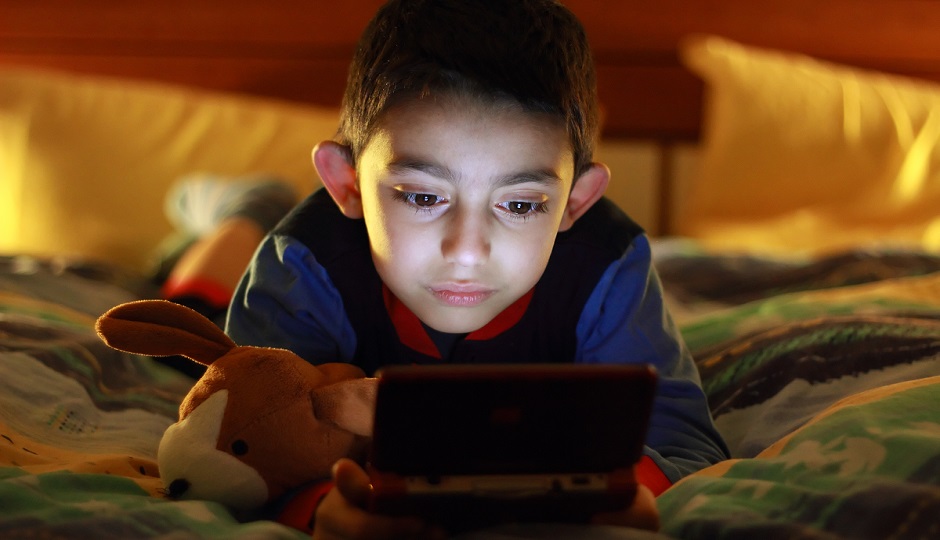
This effect is especially pronounced when perceived competence does not accurately reflect the child’s real abilities. The negative discrepancy between perceived competence and actual ability, also known as the illusion of incompetence, has been the subject of very little research, and the few existing studies on the topic have focused on its consequences in gifted children. Seeking a better understanding of the phenomenon, we studied it in regular elementary school students and developed a predictive model based on the identification of different variables known to influence the development of perceptions of competence.
The study proposes ideas regarding the influence of perceptions of incompetence on an individual’s psychological well-being.
The general objective of this thesis was to test the validity of our predictive model of bias in self-evaluation of competence in a group of regular elementary school students. To date, this is the only study that proposes such a structured analysis of the variables that predict the phenomenon. The two-year longitudinal study involved 821 participants who were present at every session of the study. The students in the first cohort were in Grade 3 during year 1 of the study and in Grade 4 in year 2, while those in the second cohort were in Grade 4 during year 1 of the study and Grade 5 in year 2.
The conclusion proposes several ideas regarding the influence of perceptions of incompetence on an individual’s psychological well-being.
Main researcher
Geneviève Marcotte, Université du Québec à Montréal
Deposit of the thesis: June 2007
